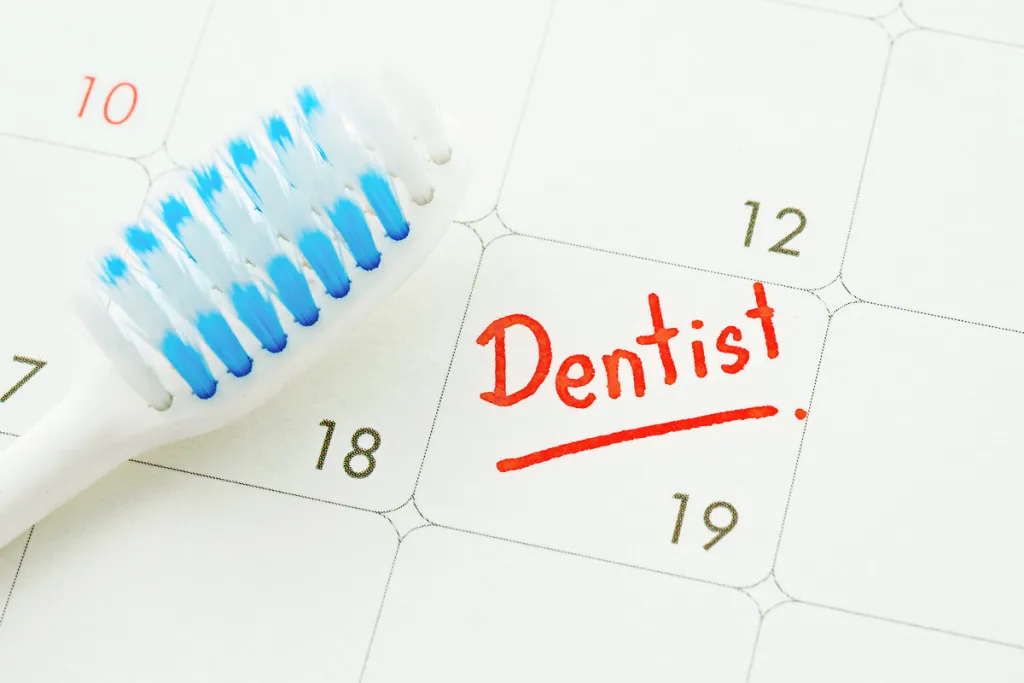Although most people see a dentist at least twice annually for preventive care, you may need to schedule a dental appointment for treatment in between visits. Several signs and situations will help you determine when to make an appointment. Maintaining your oral health is essential for your happiness and overall wellbeing. The following are signs that you need to make an appointment with your dentist as soon as possible.

Dental Pain
Pain is the main reason people go to the dentist outside of their routine dental appointments. Pain may include toothaches, gum pain, and jaw pain. In addition, the type of discomfort may range from achiness to stabbing or throbbing pain. You may also experience increased sensitivity to temperature changes and sweets. These forms of discomfort and pain indicate that you need an immediate evaluation by our dentist. Dental pain may indicate disease or decay, and our dentist can help with this problem.
Visible Decay or Blood
Bleeding gums that occur randomly or during brushing are not normal. If you notice blood in the sink while brushing, it is time to consult your dentist. Visible pus or tooth decay are symptoms of serious medical issues and are considered dental emergencies. Be sure to consult your dentist and explain your symptoms and urgency to ensure you see the dentist as soon as possible.
Persistent Bad Breath
Dealing with bad breath is embarrassing for most people, especially if the bad breath persists, even with regular brushing. A healthy mouth usually has saliva lubrication that washes away food particles and neutralizes the naturally occurring acids in the mouth. Bad breath may signify tooth infection, gum disease, or tooth decay. Persistent bad breath or halitosis may also be a sign of bacteria imbalance or infection that a seasoned dentist can address. You should consult our dentist if you have chronic bad breath.
Shifting or Loose teeth
Adult teeth are permanent and should not be loose or move in your mouth. If you notice any widening gaps or slight movement of your permanent teeth, you should take it seriously, as it may signify bone loss or infection. You should also pay attention to any changes in your bite or the way dentures or other oral appliances fit. A dentist will evaluate the state of your gums and teeth and provide proper treatment to ensure you can keep your natural teeth for as long as possible.
Pregnant
Pregnant women experience hormonal changes that affect their dental health. During pregnancy, the chances of developing cavities, gingivitis, and benign tumors are higher. Furthermore, morning sickness and frequent vomiting can erode the enamel and cause problems with your gums and teeth. During pregnancy, many women may discover their normal healthy gums appear swollen or red during pregnancy, or they may bleed during brushing. You should schedule a dental appointment in your first or second trimester and talk to your dentist.
You Haven’t Seen a Dentist in More than Six Months
Everyone should see a dentist twice annually for preventive care, including cleanings, oral cancer screenings, x-rays, and more. If you have not been to a dental checkup for more than six months, you should plan to see your dentist immediately. Regular cleanings help to remove plaque and tartar, as well as stains that cannot be eliminated by brushing alone.
